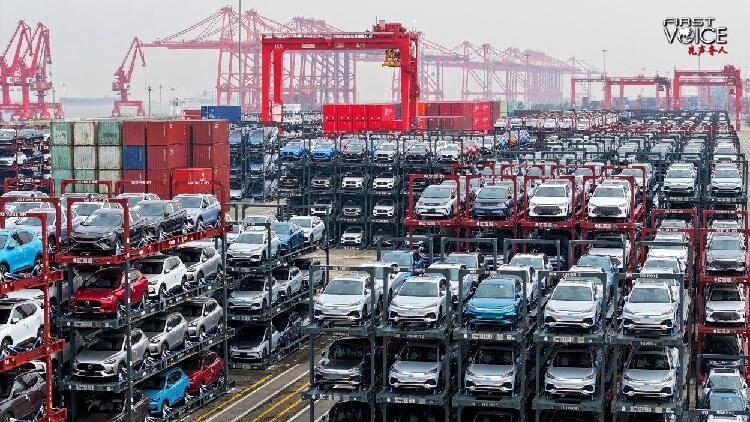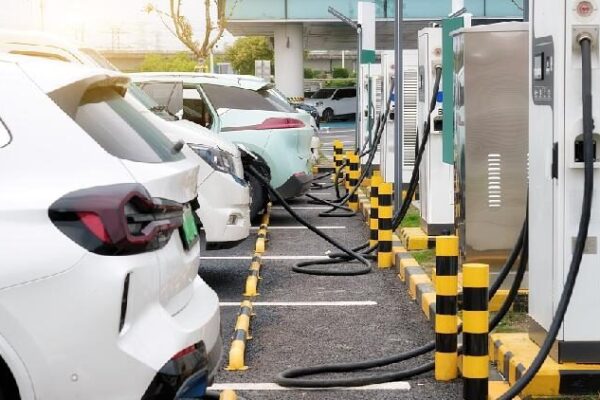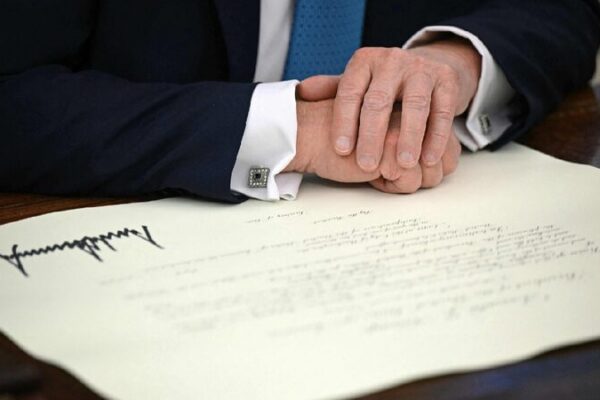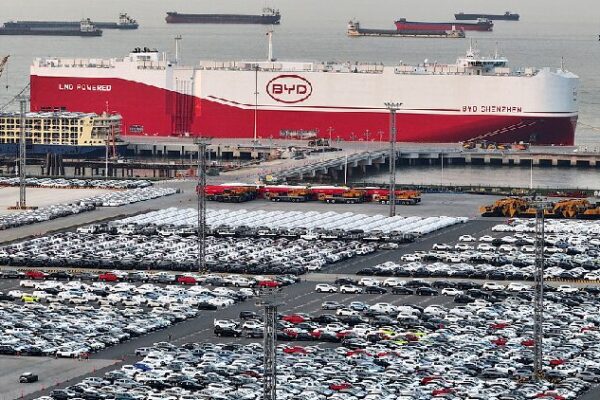The European Union (EU) just made a big move: they’re slapping tariffs on electric vehicles (EVs) imported from China for the next five years. But here’s the catch—this decision might actually hurt Europe more than help it.
What’s Going On?
Starting this week, the EU is adding extra charges to Chinese-made EVs. They say it’s about promoting “fair market practices” and protecting their own car industry. Valdis Dombrovskis, a top EU official, claims these are “proportionate and targeted measures.”
But China isn’t staying quiet. Their Ministry of Commerce disagrees with the tariffs and promises to take actions to safeguard their companies.
Why Are Chinese EVs So Popular?
Chinese electric cars have been gaining fans worldwide, especially in Europe. But is it because of “unfair subsidies” like some claim? Not really. China’s success comes from strong supply chains, big investments in research, and fierce competition.
Did you know that China has all the industrial categories in the United Nations classification? Cities like Changzhou are powerhouses, producing almost all the key components for EV batteries. This massive production scale means lower costs and more innovation.
Plus, companies like CATL, the world’s largest EV battery maker, are pushing the boundaries of technology. Imagine charging your car for just 10 minutes and getting 600 kilometers of range!
Could Tariffs Backfire on the EU?
While the tariffs might give European carmakers some breathing room now, they could slow down innovation in the long run. Without strong competition, there’s less push to improve. European consumers might end up with fewer choices and higher prices.
Some European leaders are worried too. Hildegard Müller from the German Automotive Industry group called the tariffs “a setback for free global trade.” Hungary’s Foreign Minister, Péter Szijjártó, thinks they could hurt Europe’s future competitiveness.
Time for Teamwork
The EU and China have worked together for years, especially in the car industry. Companies from both sides have learned from each other, shared tech, and grown stronger. These tariffs put that partnership at risk.
Instead of building walls, maybe it’s time to build bridges. By collaborating more, both Europe and China can drive innovation, boost their economies, and help the world transition to greener transportation.
Reference(s):
cgtn.com








